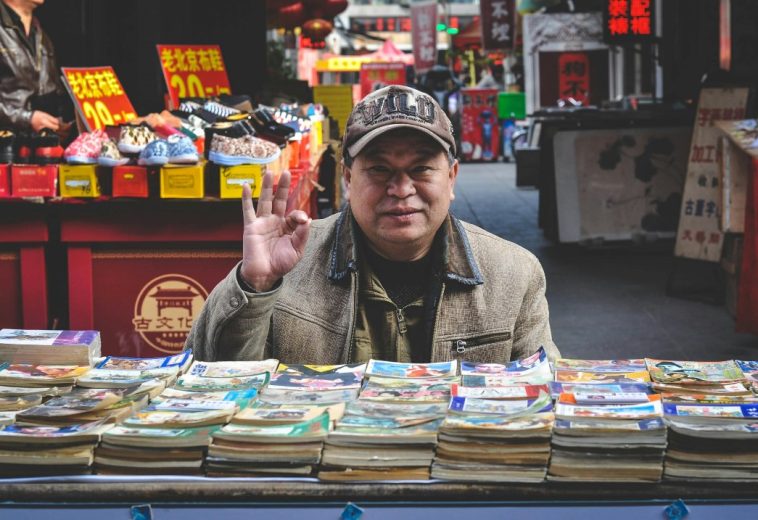South Africa has assumed the presidency of the G20, becoming the first African nation to lead the influential bloc of the world’s largest economies.
“We will use this moment to bring the development priorities of the African continent and the Global South more firmly onto the agenda of the G20,” Ramaphosa said.
The presidency, which begins on 1 December 2024, signifies South Africa’s rising prominence in global diplomacy and its capacity to shape global discussions on pressing issues.
READ ALSO:http://Africa’s G20 Membership: Gain or Mere Symbolism?
The G20 and Africa’s Place in It
The G20, established in 1999, was created to bring together the world’s major economies to address global economic challenges and promote international financial stability. South Africa joined the G20 that same year, representing the interests of Africa in a group primarily dominated by wealthier nations. Its membership symbolised a recognition of Africa’s growing economic significance and the need for more diverse representation on global platforms.
Over the years, South Africa has played a crucial role in advocating for equitable policies that benefit the Global South. Now, as it assumes the presidency, South Africa steps into a leadership role, bringing Africa’s priorities to the forefront of the global agenda.
Handover from Brazil to South Africa
The transition from Brazil to South Africa occurred at the G20 Leaders’ Summit in Rio de Janeiro. President Cyril Ramaphosa, in his acceptance speech, underscored the importance of this historic moment, highlighting Africa’s potential as a contributor to global solutions. “South Africa’s G20 Presidency is not only a testament to our nation’s capabilities but also a beacon of hope for the entire African continent,” he stated.
The handover reflects a symbolic shift towards greater inclusion of emerging economies in global governance. Under Brazil’s presidency, the G20 focused on sustainable development, combating hunger, and fostering partnerships. South Africa has vowed to build on this foundation while amplifying Africa’s unique challenges and opportunities on the global stage.
Priorities of South Africa’s G20 Presidency
President Cyril Ramaphosa announced that South Africa has adopted the G20 Presidency theme of ‘Solidarity, Equality, and Sustainability,’ focusing on advancing the Sustainable Development Goals (SDGs) and the Pact for the Future.
He emphasised the urgency of achieving the SDGs by 2030, noting that solidarity is vital, especially in addressing the hardships faced in conflict zones like Gaza, Sudan, and Ukraine. The presidency will also prioritise public health concerns, including pandemics and the worsening m-pox outbreaks in Africa, urging global cooperation and action to protect vulnerable communities.
The President highlighted the critical need to tackle inequality, which threatens global stability and economic growth. He drew attention to unjust disparities in wealth, the lack of sustainable financing for climate action, and the crippling debt burden that undermines developmental goals in many countries. South Africa’s leadership will ensure that Africa’s development priorities and the Global South’s agenda take centre stage, addressing issues like debt relief and capacity building for sustainable development.
South Africa’s G20 Presidency will advance three high-level priorities: inclusive economic growth, Industrialisation, employment and inequality; food security; and artificial intelligence and innovation for sustainable development. Approximately 130 G20 meetings will be hosted across the nation, fostering collaboration with member countries, multilateral institutions, and invited guests to shape a transformative agenda for the year ahead.
A Voice for Africa
President Ramaphosa has reiterated that South Africa’s presidency is not just a national victory but a milestone for Africa as a whole. The presidency provides a platform to showcase African solutions to global problems, reinforcing Africa’s role as a partner rather than a beneficiary in international affairs.
South Africa’s role is to ensure that African issues, from food insecurity to technological innovation, are prioritised. Ramaphosa emphasised, “This presidency will serve as a clarion call for global solidarity in solving the most pressing challenges of our time.”
South Africa inherits a complex global landscape marked by economic disparities, geopolitical tensions, and climate crises. Balancing these issues while ensuring Africa’s interests are not overshadowed will be a delicate act. However, with its deep ties to both the Global South and the Western world, South Africa is uniquely positioned to mediate and advocate for balanced outcomes.
South Africa’s presidency of the G20 marks a transformative chapter in the continent’s history. For the first time, an African country will lead one of the world’s most influential economic forums. As the nation takes the reins, it carries the hopes of a continent eager to demonstrate its leadership on the global stage.


